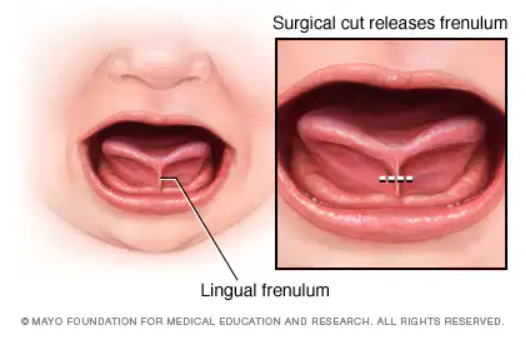A Welcoming and Family-Friendly Environment at Our Apex Family Dentist
Visiting the dentist can be intimidating, especially for children and those with dental anxiety. At Hansen Dentistry, we focus on creating a warm, inviting environment where every patient feels at ease. Our office is designed with patient comfort in mind, featuring a friendly staff, a relaxing atmosphere, and a gentle approach to care.
Our dental professionals take the time to explain treatments in an easy-to-understand manner, helping both children and adults feel confident in their dental care journey. By building long-term relationships with our patients, we establish trust and ensure a stress-free experience for the whole family.
Highly Skilled and Experienced Dental Professionals
At Hansen Dentistry, our team brings years of experience and extensive training in family and general dentistry. We stay up to date with the latest dental advancements through continued education, ensuring that our patients receive the best possible care.
From preventive care to complex restorative treatments, our expertise allows us to provide high-quality, patient-centered dentistry. Whether it’s your child’s first dental visit, an adult needing routine cleanings, or a senior requiring specialized care, our skilled professionals are equipped to handle all dental needs with precision and care.
Advanced Dental Technology for Superior Care
We believe that modern technology plays a crucial role in providing accurate diagnoses and effective treatments. At Hansen Dentistry, we invest in state-of-the-art dental technology to enhance patient comfort and treatment efficiency.
- Digital X-rays reduce radiation exposure while providing highly detailed images for early detection of dental issues.
- Same-day crowns with CAD/CAM technology eliminate the need for multiple visits by allowing us to fabricate restorations in a single appointment.
- Laser dentistry enables precise, minimally invasive treatments for gum disease, cavities, and soft tissue procedures.
- Intraoral cameras provide a real-time view of your oral health, helping you better understand treatment recommendations.
By incorporating cutting-edge dental technology, we ensure that our patients receive the most advanced and effective care possible.
Comprehensive Dental Services for the Whole Family
Hansen Dentistry offers a wide range of dental services tailored to meet the needs of every family member. Our comprehensive approach allows us to address various oral health concerns under one roof, making it convenient for families in Apex, NC.
- Preventive dentistry (cleanings, exams, sealants, fluoride treatments)
- Restorative dentistry (fillings, crowns, bridges, dentures)
- Cosmetic dentistry (teeth whitening, veneers, bonding)
- Orthodontic evaluations and Invisalign
- Emergency dental care for unexpected dental issues
With our all-encompassing services, families can count on consistent, high-quality dental care at every stage of life.
Real Patient Testimonials That Speak for Themselves
Our commitment to excellent dental care is reflected in the positive feedback we receive from our patients. Families in Apex, NC, trust Hansen Dentistry for our professionalism, friendly staff, and top-notch dental treatments. Many of our patients appreciate the personalized approach we take to their dental health and the welcoming atmosphere we create.
We encourage new patients to read our testimonials and hear firsthand about the exceptional experiences that keep families coming back to Hansen Dentistry.
Experience the Best Family Dentistry in Apex, NC
Choosing Hansen Dentistry means selecting a dental practice that prioritizes your family’s comfort, oral health, and overall well-being. Our compassionate team, advanced technology, and comprehensive services make us the ideal choice for families in Apex, NC.
If you’re ready to experience the best in family dentistry, contact Hansen Dentistry today. Call our office or fill out our ‘Request an Appointment’ form to schedule your visit and take the first step toward a lifetime of healthy smiles.


